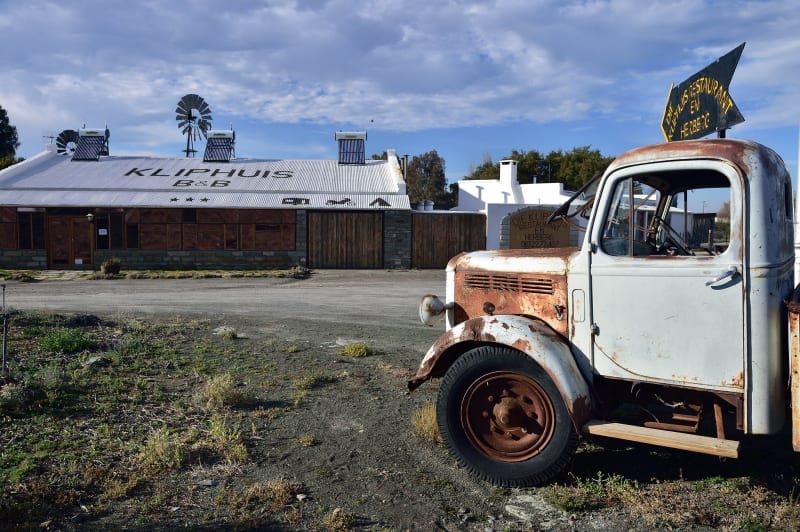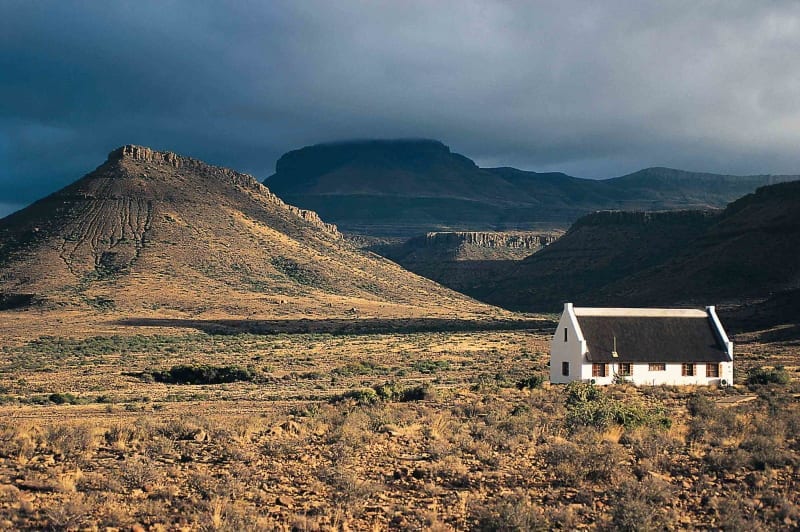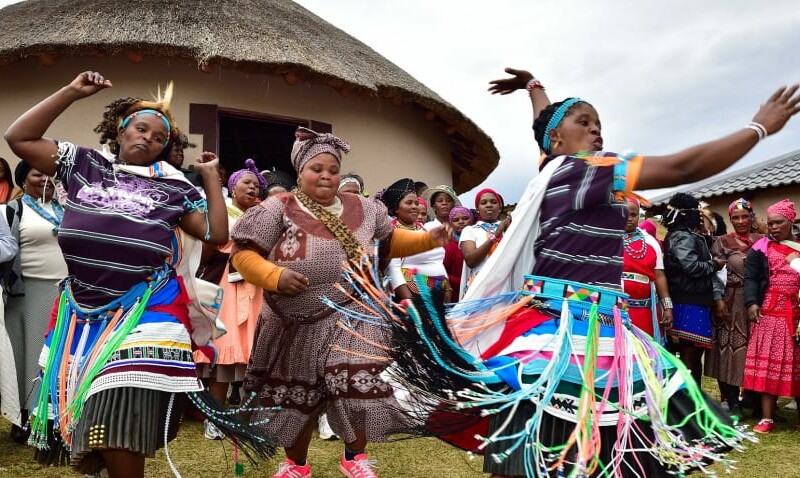The tourism industry has been good to South Africa. It supports 1.5 million jobs and contributes 8.6% to the country’s GDP. According to Stats SA’s Tourism Satellite Account, the total tourism spend in South Africa in 2018 was R273.2 billion – or roughly R22.7 billion per month and R748 million per day. Of this, just over half (56%) was from domestic tourism.
TBCSA estimates that more than R68 billion in tourism spend has been lost since the end of March, when lockdown began.
As a result, the Tourism Business Council of South Africa (TBCSA) – an umbrella organisation representing the unified voice of business in the travel and tourism sector – estimates that more than R68 billion in tourism spend has been lost since the end of March, when lockdown began.
The knock-on effect of this has seen 250,000 employees within the tourism value chain apply for the UIF TERS program in April and May. This number is expected to double this month. And approximately 49,000 SMMEs are also struggling and may be forced to close their businesses.

In response to this crisis, TBCSA has been lobbying for the safe, phased reopening of the tourism industry as soon as possible. The TBCSA tourism recovery plan, which has been presented to Parliament’s Portfolio Committee on Tourism, recommends the reopening of international inbound travel by September 2020. It is supported by new protocols specific to tourism, to prevent the spread of COVID-19.
While TBCSA welcomes President Cyril Ramaphosa’s announcement on 17 June 2020 that restaurants can resume seated service, casinos can reopen and accredited accommodation can service domestic tourists, it has some concerns.
“If inter-provincial leisure travel is not allowed to take place, it will render the President stating that accommodation operations may trade to support economic activity in order to save businesses and jobs, futile.“
Firstly, most domestic tourism is interprovincial, according to StatSA, with 60% of all domestic overnight trips being across provincial borders. This rises to 70% for trips from Gauteng, to provinces such as Limpopo, Mpumalanga and the North West. Therefore, to sustain the opening of accommodation for leisure tourists, TBCSA argues that interprovincial travel must also open.

“If inter-provincial leisure travel is not allowed to take place, it will render the President stating that accommodation operations may trade to support economic activity in order to save businesses and jobs, futile. Without 90% of the market, of which approximately 60% travels across provincial borders, there will be no demand and businesses will not be able to trade, even at break-even levels.” said Tshifhiwa Tshivhengwa, CEO of TBCSA.
“Alcohol sales are a key component of many restaurateurs’ revenue, often totaling 35% to 50% of revenue.”
Another concern is for sit-down restaurants who are licensed to sell alcohol, and whose alcohol sales are critical to their revenue. “Currently the regulations state that alcohol can only be sold Monday to Thursday from 09h00 to 17h00, for off consumption. These regulations will need to be amended to enable on-consumption sale of liquor in restaurants in order for them to open and survive as alcohol sales are a key component of many restaurateurs’ revenue, often totaling 35% to 50% of revenue,” said Tshivhengwa.
Photos supplied by South African Tourism.







